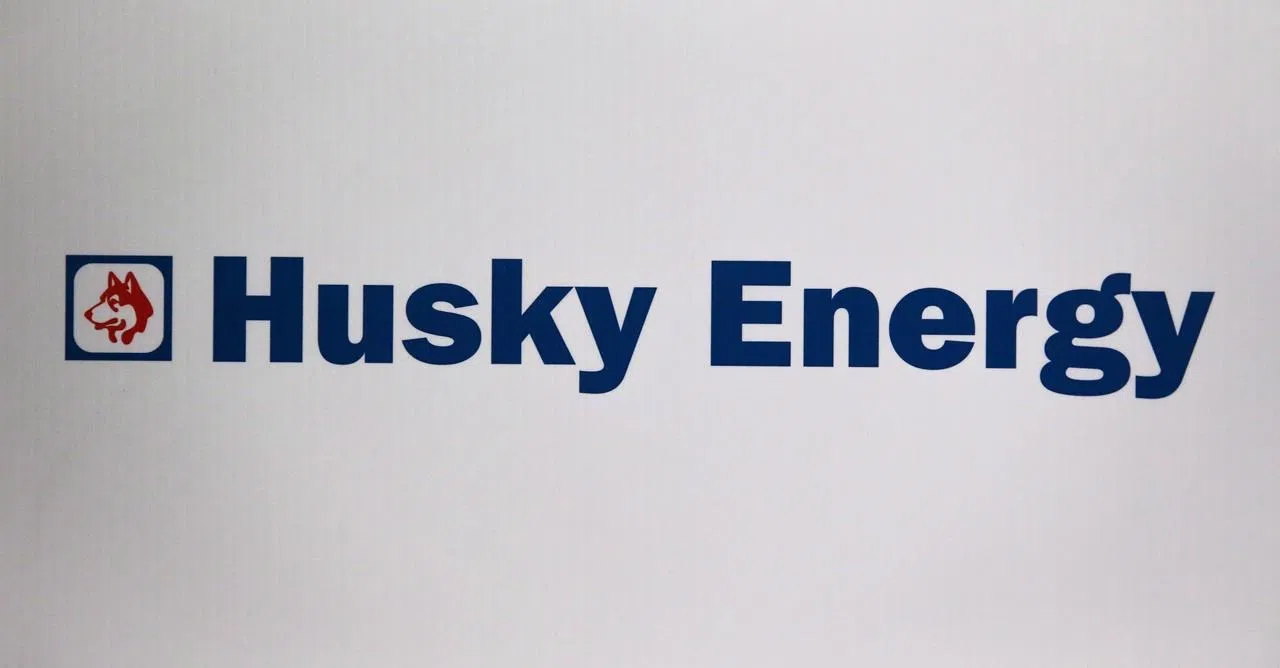
Husky faces charges from 2016 oil spill into the North Saskatchewan River
CALGARY — A Saskatchewan mayor whose city’s water supply was interrupted for several weeks following a Husky Energy Inc. oil pipeline leak in July 2016 says he hopes environmental charges announced Monday act as a deterrent for other pipeline firms.
Prince Albert Mayor Greg Dionne said the incident on the North Saskatchewan River made him more aware of the danger from the many pipelines that criss-cross the province.
“Now that I know there are more pipelines than I ever assumed there were, and crossing under waterways, that concerns me even more because that tells me it could happen again.”
Calgary-based Husky is to appear in Lloydminster, Sask., provincial court on Thursday to face one charge of unlawfully permitting the discharge of a substance that caused an adverse environmental effect, in violation of the Environmental Management and Protection Act, the Saskatchewan government said Monday.


